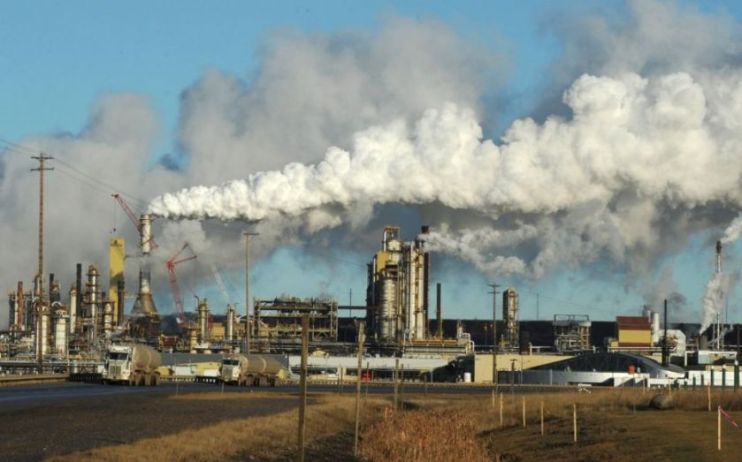Global health at ‘the mercy of fossil fuels’, says report

The world’s reliance on fossil fuels is compounding global risks to health following the height of the Covid-19 pandemic, said a new report last night.
Risks include air quality, food and energy security, as Brits brace for a tough winter as oil and gas costs soar.
The EU-funded Lancet Countdown, an annual report on climate change and health, found that the majority of the countries it looked at had pumped a collective $400bn (£349bn) into fossil fuels in 2019. For many countries, subsidies were worth more than 10 per cent of their national health spending.
“Fossil fuel dependence is not only undermining global health through increased climate change impacts, but also affects human health and wellbeing directly, through volatile and unpredictable fossil fuel markets, frail supply chains, and geopolitical conflicts,” the report said.
“The economic losses associated with climate change impacts are also increasing pressure on families and economies… Further undermining the socioeconomic determinants that good health depends on.”
The report, released ahead of COP27 in Egypt next month, called for greater protection for health-systems – which are currently battling a trio of crises: the coronavirus, the cost of living and a reliance on Russian oil and gas.
A “health-centred response” to the energy crisis would speed up the transition to renewable energy, ensuring the pivot to coal remains on the back burner indefinitely and avoiding further strains on air quality, it added.
The study, which hosts work by 99 experts from 51 institutions including the World Health Organisation and is led by University College London (UCL), said that people’s health is “at the mercy of fossil fuels”.
Responding to the report, UN Secretary-General António Guterres said: “Human health, livelihoods, household budgets and national economies are being pummelled, as the fossil fuel addiction spirals out of control.”
Dr Marina Romanello, executive director of the Lancet Countdown at UCL, added that “immediate action could still save the lives of millions, with a rapid shift to clean energy and energy efficiency… Accelerated climate action would deliver cascading benefits, with more resilient health, food and energy systems.”